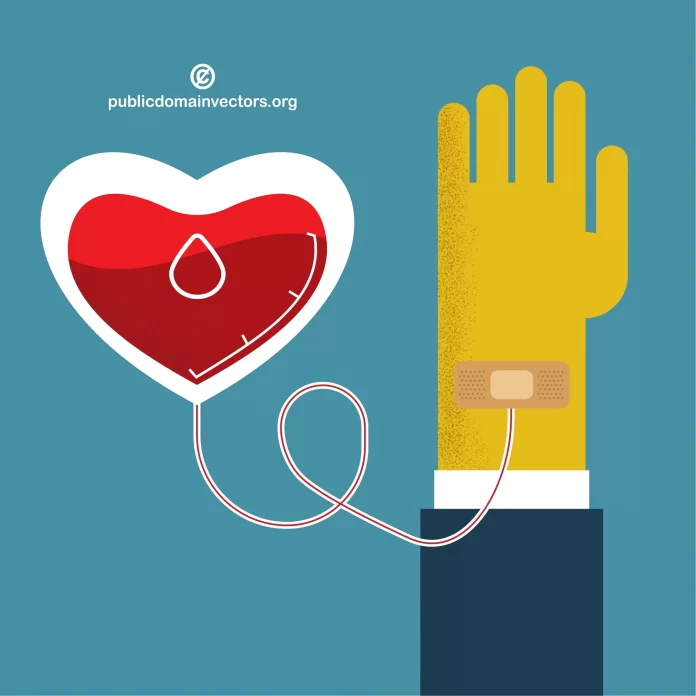If you’ve ever wondered about the process of donating blood, plasma, or stem cells, look no further. To prove why you should consider being a donor, The Cascade sat down with Johanna Aguirre, a business development manager for Canadian Blood Services. To keep up with the demand for whole blood and plasma, Aguirre explained that the non-profit requires 100,000 new donors every year.
“It is quite a large number too, because that’s not recurring donors. It’s new donors that we need, and that is just to make sure that we have a very solid donor base.”
There are a lot of reasons why people should consider donating. It’s important to make sure that there’s enough life-saving donations to go around, and speaking from experience, donating can also be emotionally fulfilling. As for Aguirre, she believes that people should keep both themselves and their loved ones in mind.
“You never know when you’re going to be needing any of those products, or [if] a person that you love will be needing them.”
A common question is, why do British Columbia residents not get paid to donate? Aguirre explained that the non-profit is simply not able to pay donors and instead relies on the giving nature of others.
“This is based on the heart and generosity of people, and that’s how we engage people.”
While every blood type is welcome, there’s one blood type in particular that’s in especially high demand. People with O-negative blood are known as “universal donors” since their blood can be given to anyone, regardless of blood type. If someone needs an immediate blood transfusion, there might not be time to identify their specific blood type, in which case they can receive O-negative blood.
Did you know you can also donate plasma? For readers who aren’t familiar with the term, Aguirre provided an analogy.
“Think about it like a chicken noodle soup. The chicken being the red blood cells, the noodles being the white blood cells. The plasma is the broth.”
Plasma is a high protein element that accounts for 55 per cent of your whole blood and helps with circulation. The Abbotsford donation centre uses their collected plasma to make medications called plasma protein products.
“What ends up being used goes to patients with cancer, immune deficiencies, neurological disorders, organ transplants, [and] kidney failures.”
People donating whole blood must wait roughly two to three months before donating again, but since plasma is mostly water, plasma donors can return every week.
As for the collection process, Aguirre said that the centre collects your whole blood, separates the plasma, and then returns every other component of your whole blood back to you. Since the process requires more steps than donating whole blood, it takes longer.
Whole blood donors typically bleed for about 10 minutes and spend roughly 60 minutes total at their donation centre. However, the collection process for plasma can take up to 40 minutes, so donors usually spend about 90 minutes at the centre. On the upside, the Abbotsford plasma centre comes with comfortable beds, TVs, and snacks from local businesses.
“It becomes more like downtime for you to relax … We want to make sure that they feel that this is a space where they [can] invite their friends, families, and colleagues.”
According to Aguirre, the need for local plasma donors is rising given the political tension between the United States and Canada.
“A lot of the medication that we are not yet able to make within Canada, we buy [from] international markets, mostly the U.S. So when you think about the political climate … we need more local support.
Aguirre claimed that while there is an urgent need for plasma, whole blood and stem cell donations are still vital. When it comes to stem cell donations, Aguirre claimed that it’s crucial to have a variety of donors.
“Canada is becoming very diversified, and when we’re looking for a perfect match in stem cells, it most likely will be somebody from the same background.”
Interested? Go to blood.ca to get mailed a cheek swab test to see if you’re eligible to donate stem cells. Curious to see if you can donate blood or plasma? Check out Canadian Blood Services’ eligibility tests or feel free to call 1-888-2 DONATE for more information regarding eligibility.
If you are eligible, visit blood.ca to book an appointment. If not, don’t worry, you can make a huge difference by encouraging family and friends to consider donating.
“That peer to peer conversation or invitation, it lands stronger.”


